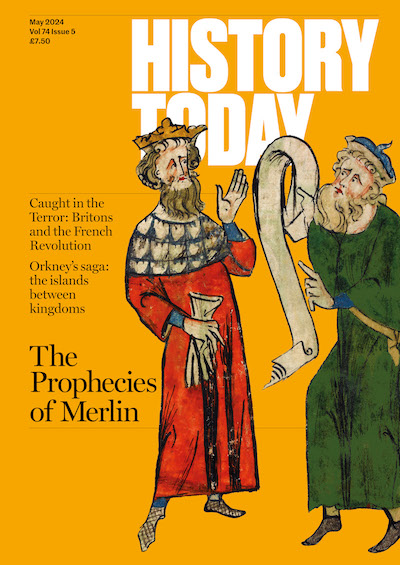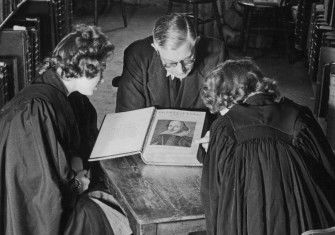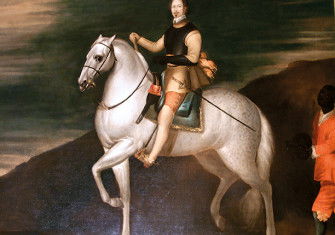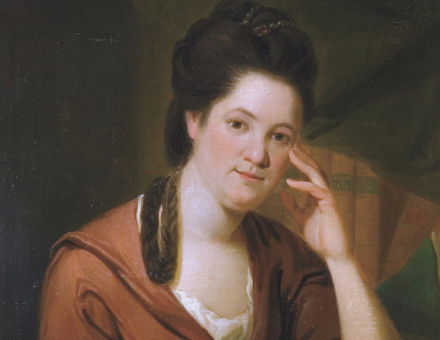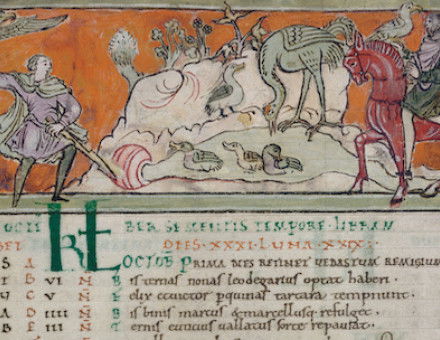The Great White Bard and Shakespeare Without a Life review
Two significant new publications push the parameters of how we engage with the most revered writer in the English language.
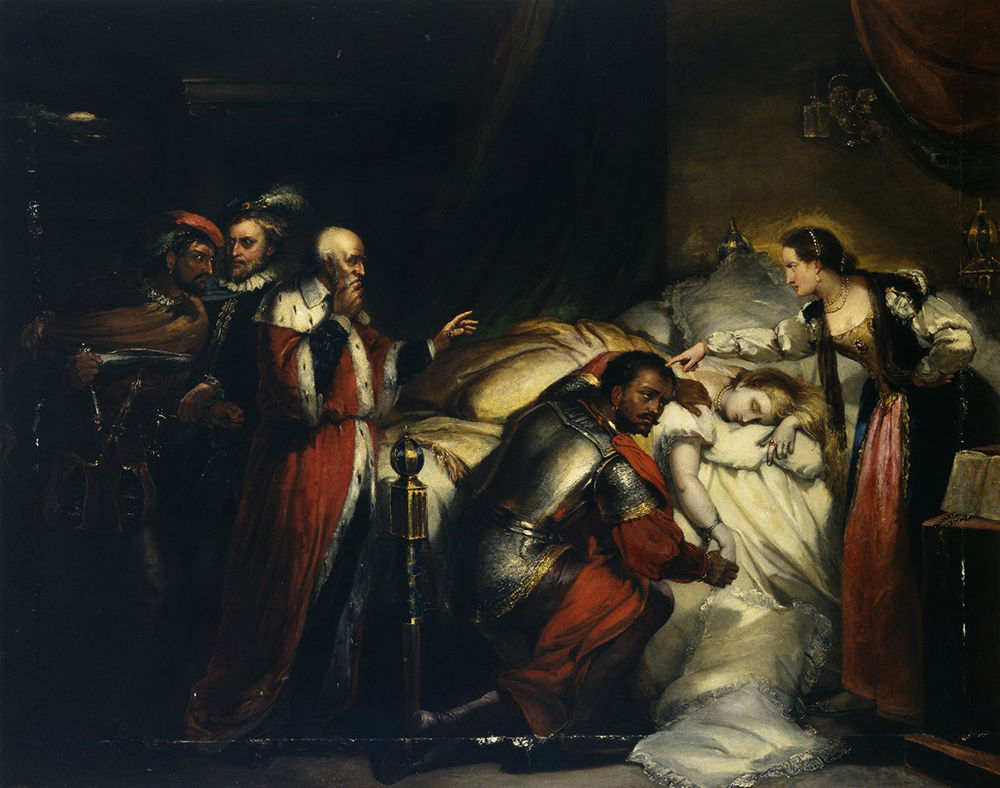
On the 400th anniversary of Shakespeare’s First Folio, many a new book on the subject is to be expected. To stand out is not easy, but both these works succeed in doing so. This may be because both bring ‘bardolatry’ into question.
De Grazia’s slim volume makes for an easy, though not always engaging, read. In it she deconstructs scholarship that reverentially places the playwright at the centre of his works. On challenging established scholarship de Grazia has form; her Shakespeare Verbatim (1991) also pushed against concepts then seen as central to Shakespeare studies. In some ways, her new book is heir to the earlier one. But what makes Shakespeare Without a Life particularly timely is de Grazia’s reappraisal of the First Folio and the question she asks: were the generations following its publication as preoccupied with the life and sanctity of Shakespeare as modern scholarship tends to be? Her conclusion: they were not.
To make her case, de Grazia illustrates the lack of ‘biographical impulse’ in early Shakespeare collections; both the first and second folios contain no more than brief and elegiac notices on Shakespeare. The plays, too, are detached from their author, compiled by genre rather than date of writing. Her conclusion is that the play was the thing. Following the death of the author, early Shakespeareans focused solely on the works. The case de Grazia makes is a compelling one; this reader was certainly convinced.
In the 18th century, Shakespearean scholarship began to address the playwright’s humble beginnings and wayward nature. By the 19th century he had been transformed into a genius. Edmond Malone, in his The Plays and Poems of William Shakespeare (1821), employing often dubious methodologies, produced the first linear biography of the playwright, with estimated dates of writing, which he used to ‘establish Shakespeare’s progression from “mediocrity” to “the summit of excellence”’. Alongside the dramatic works, Malone included the sonnets for the first time and presented them as autobiographical. Not only was he consciously tying Shakespeare to his works, but he was deliberately constructing a character, one that continues to hold currency. Shakespeare as many know him today is thereby revealed to be an almost entirely 19th-century construct.
Karim-Cooper also explores new ways of reading Shakespeare without the playwright as king. Her book is a response to the question: ‘What does race have to do with Shakespeare?’ Her answer is a very great deal indeed. The Great White Bard is an enjoyable read. This is important: Karim-Cooper is embarking upon the crucial, yet unenviable, task of making a theory-steeped topic accessible to a general audience. The subject of race in Shakespeare has been a scholarly pursuit for some decades now, yet the findings have been largely confined to the ivory tower. With Karim-Cooper’s valuable offering, this should change.
The Great White Bard begins on an admittedly unusual note. Writing about her appreciation of Romeo and Juliet at school, Karim-Cooper evokes her Pakistani roots to set the ‘patriarchal society’ of South Asia and its ‘oppressed’ women against her ‘modern, westernised sensibilities’. This cultural juxtaposition is not easy to overlook, particularly in a work on race, but Karim-Cooper’s personal experience in her journey to Shakespeare can be appreciated. Karim-Cooper traces the insulation of Shakespeare studies to the 18th and 19th centuries, a period in which Shakespeare came to be defined as ‘for only a certain class of white English, American or European’. The impact of this elitism and racism, she argues, is enduring. For many, it is cause to finally pull down the playwright from an ill-gained pedestal. Karim-Cooper, however, offers an alternative: to bring the playwright down from his pedestal and look him directly in the eye.
This approach releases Shakespeare from the falsehoods of longstanding nostalgia and Tudor mythology. Karim-Cooper sets the record straight on the diversity of Tudor England enabled by the rise of international travel and trade. She traces the canonisation of the playwright to the Enlightenment, when aspirations for high culture coupled with the expansion of the brutal trade in enslaved peoples. The Great White Bard reads some of Shakespeare’s best known works alongside recent race scholarship, notably that of bell hooks. Plays examined include Titus Andronicus, where Karim-Cooper re-examines the villainy of Aaron the Moor. In a work that skillfully establishes the need – and sheer logic – of reading Shakespeare through race, Karim-Cooper affirms, ‘We all have the right to claim the Bard’.
As Shakespeare scholars celebrate four centuries of the First Folio, de Grazia and Karim-Cooper deliver two significant new contributions that push the parameters of how we engage with the most revered writer in the English language. Both works are timely and erudite, with important implications for Shakespeare scholarship. When future scholars map the trajectory of Shakespeare’s historiography, it seems highly probable that both works will be recognised as important turning points.
The Great White Bard: Shakespeare, Race and the Future
Farah Karim-Cooper
Oneworld, 336pp, £22
Buy from bookshop.org (affiliate link)
Shakespeare Without a Life
Margreta de Grazia
Oxford University Press, 192pp, £25
Buy from bookshop.org (affiliate link)
Lubaaba Al-Azami is postdoctoral fellow at the University of Liverpool and Founding Editor of www.memorients.com. First Encounters: How England and Mughal India Shaped the World is forthcoming from John Murray.

